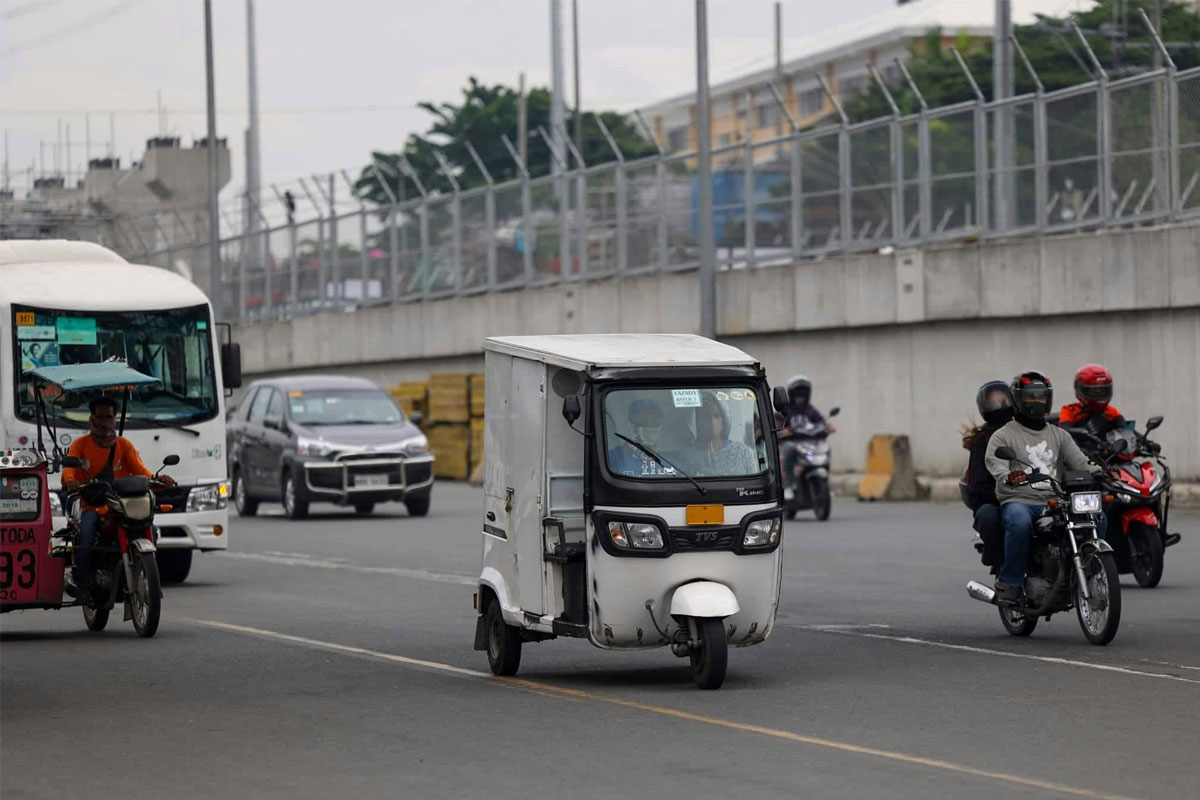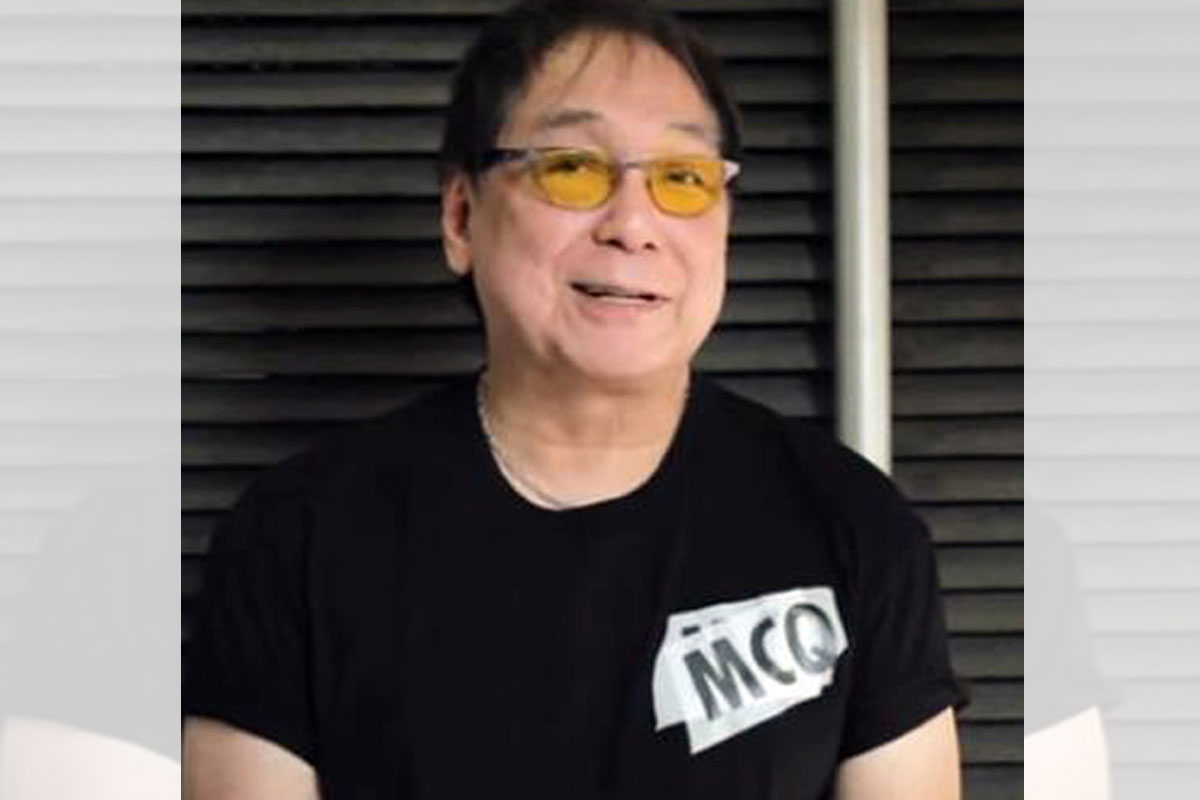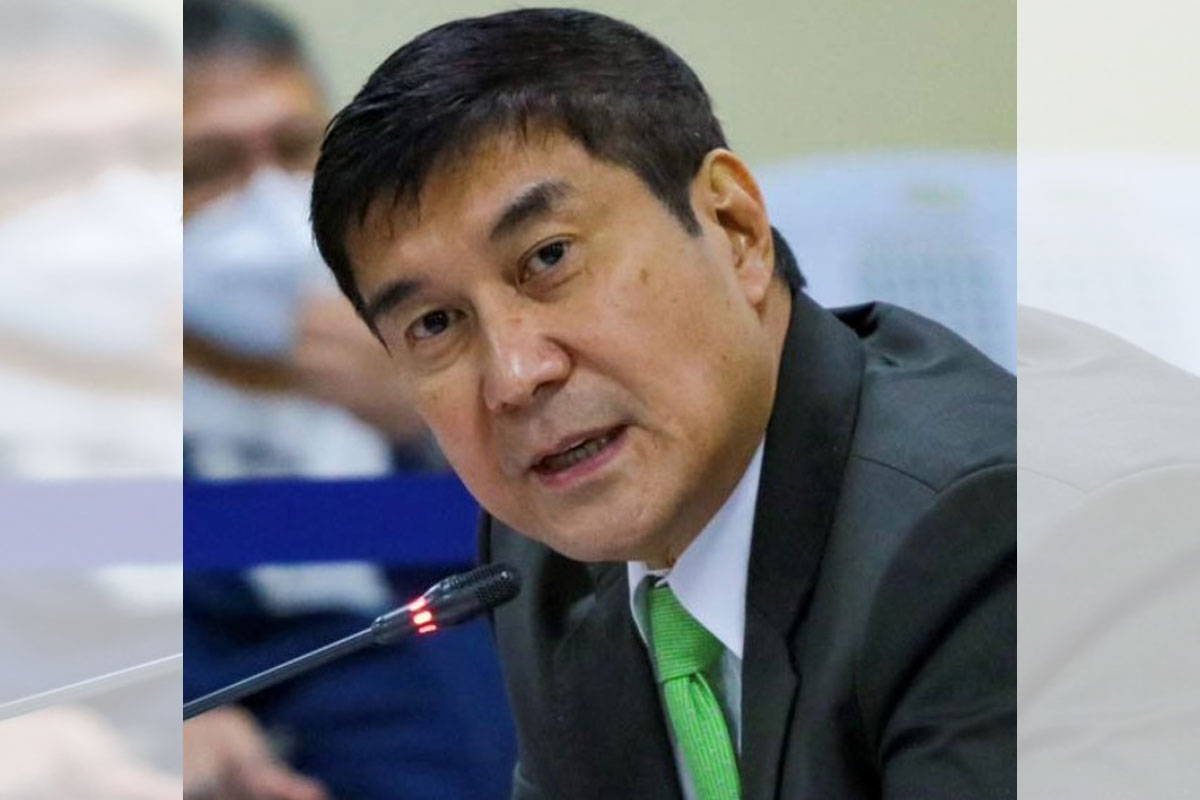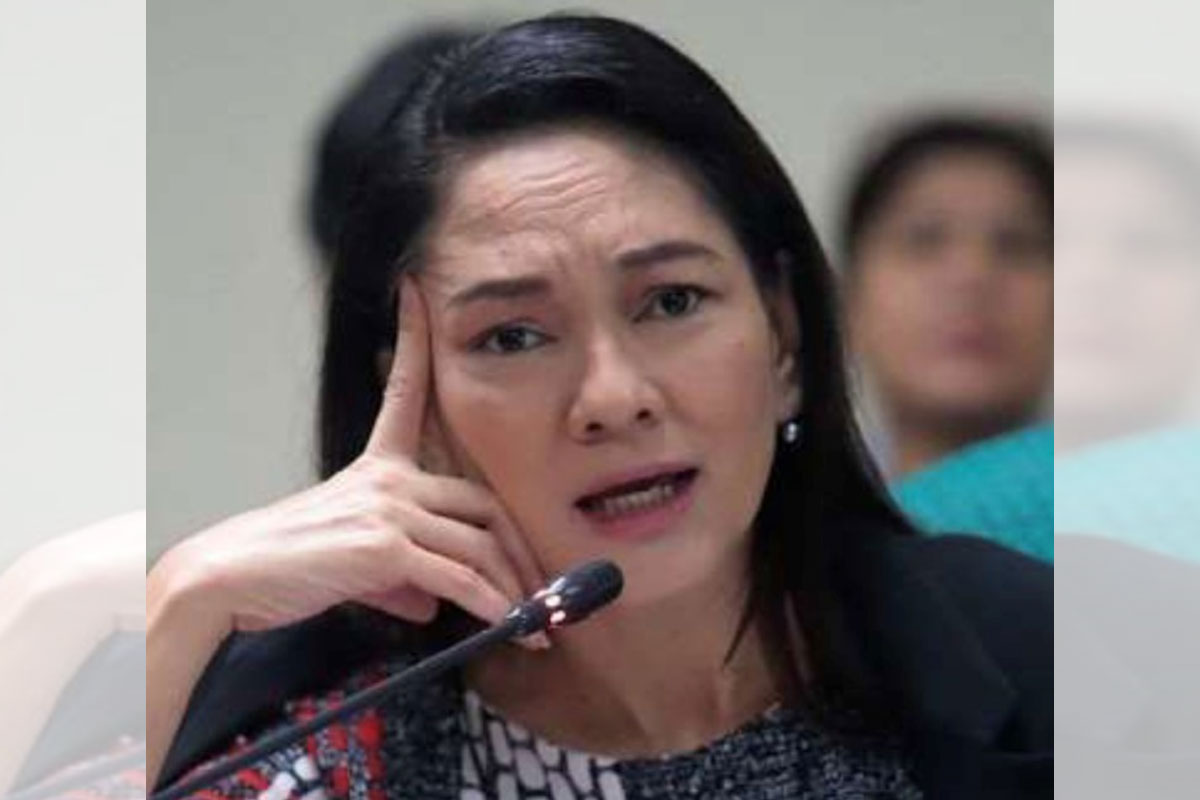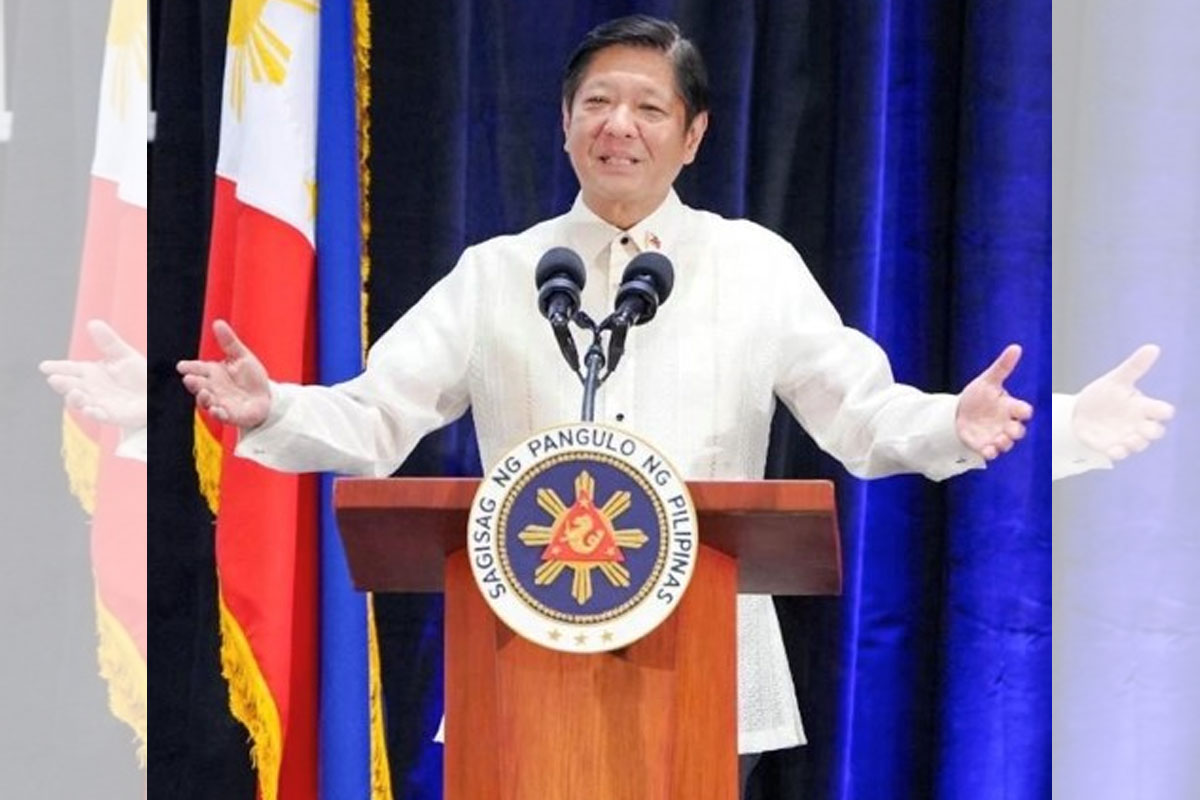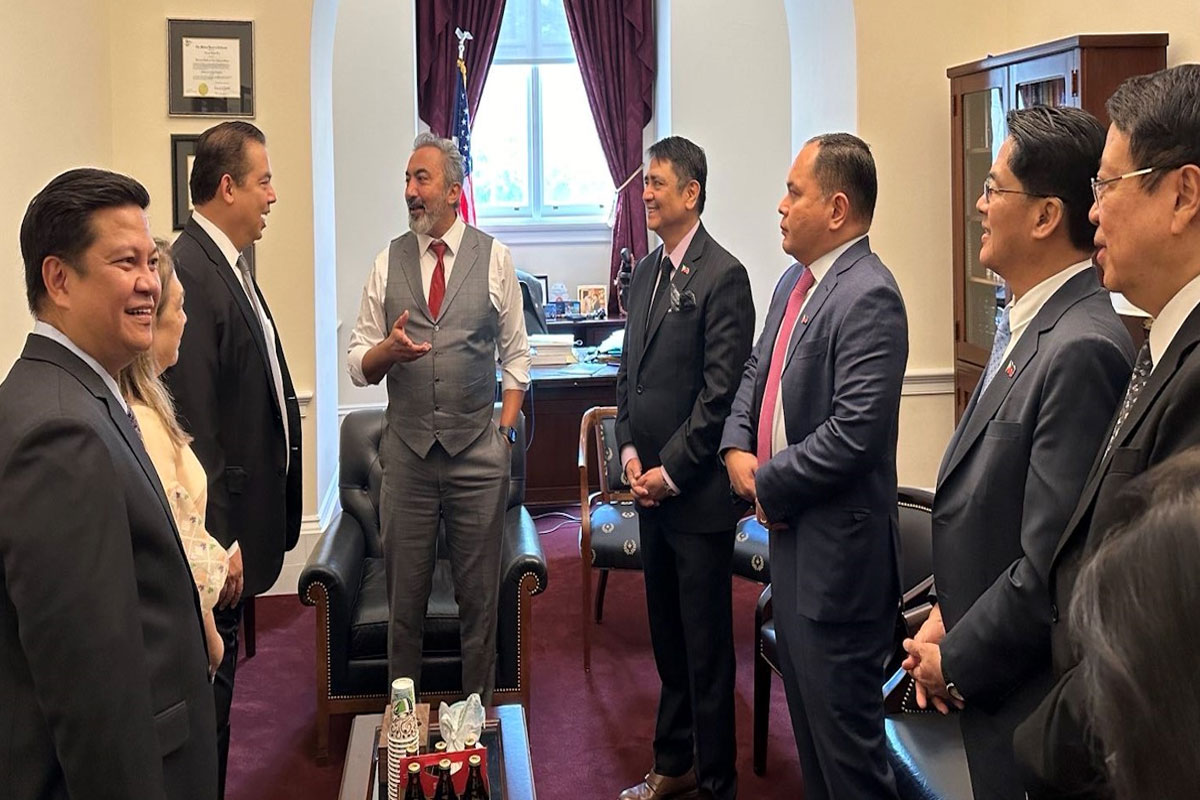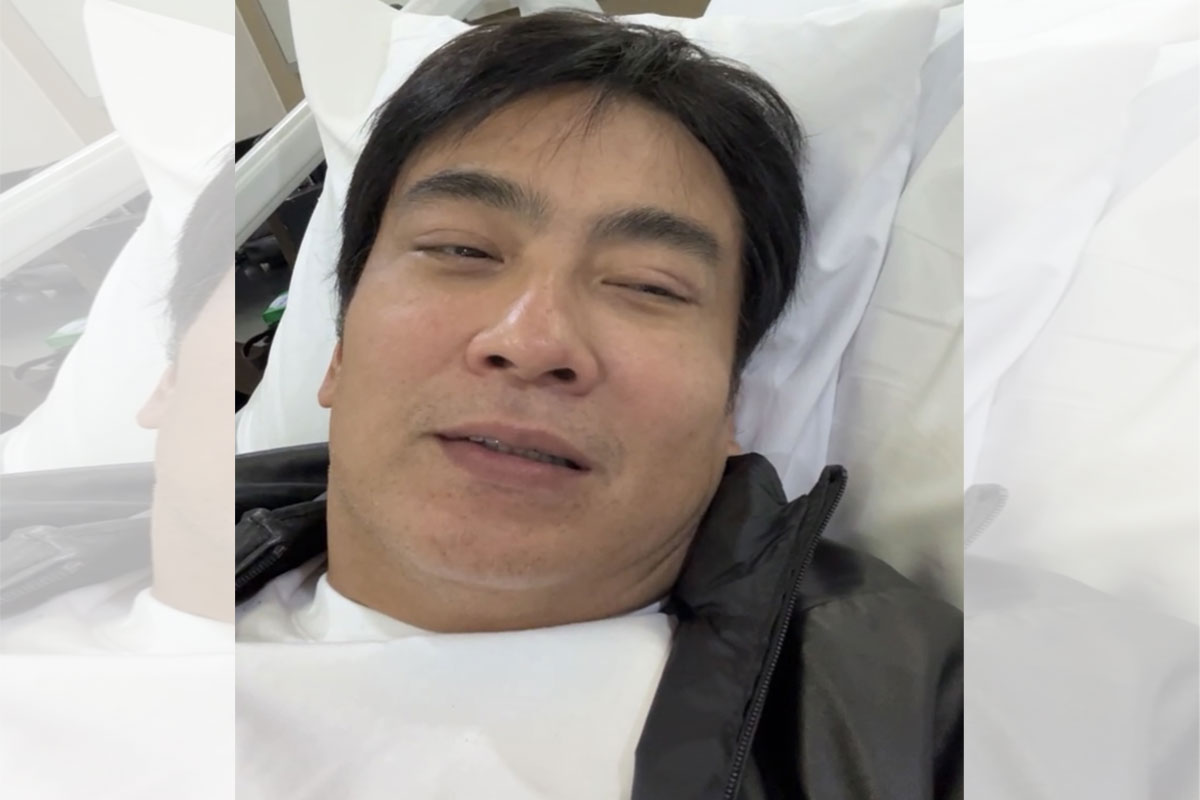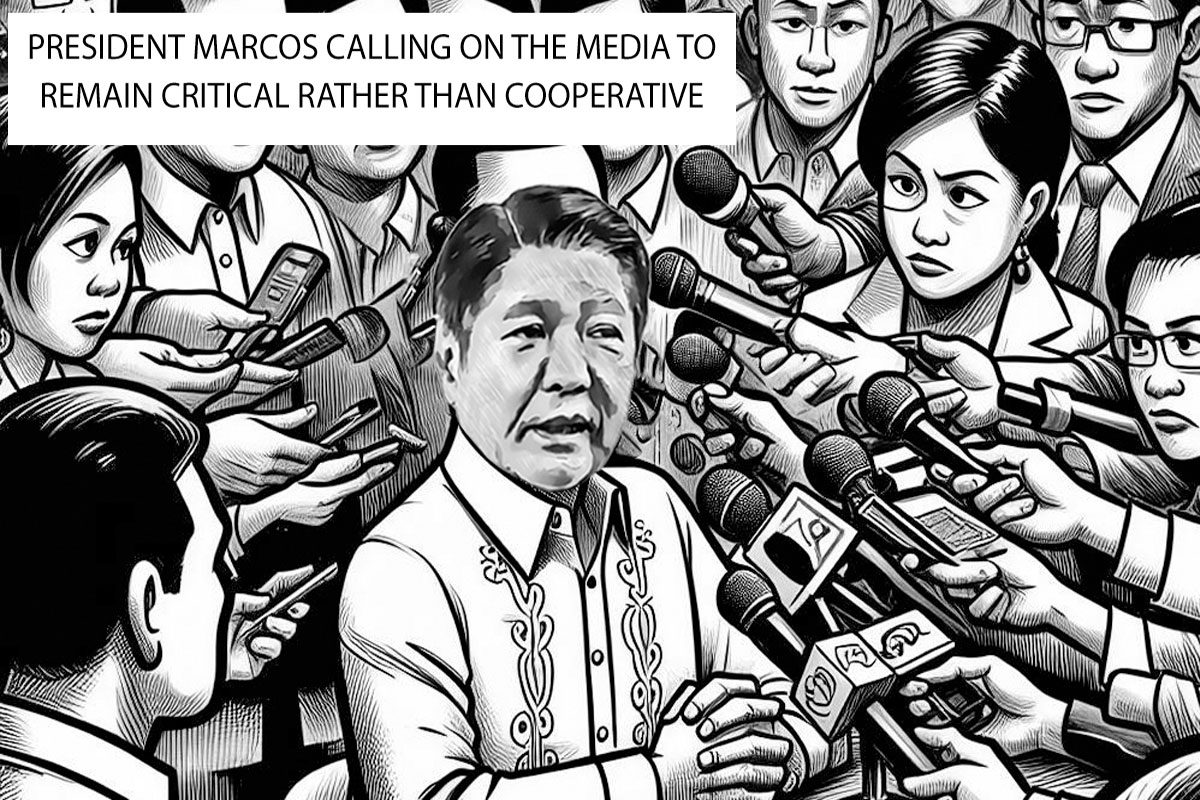
WHY PNP-DEG SHOULD NOT BE ABOLISHED? WHY PROMISED MEASURES TO ADDRESS LOW CONVICTION RATE MUST MATERIALIZE?
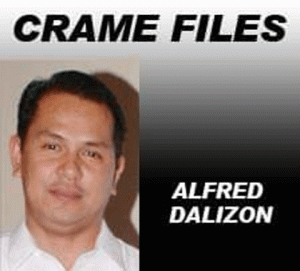 ABOLISHING the different Special Operations Units of the PNP Drug Enforcement Group across the country will really run counter to the desire of the Department of Interior and Local Government, the Department of Justice and the Philippine National Police leaderships to further increase the government’s drug conviction rate.
ABOLISHING the different Special Operations Units of the PNP Drug Enforcement Group across the country will really run counter to the desire of the Department of Interior and Local Government, the Department of Justice and the Philippine National Police leaderships to further increase the government’s drug conviction rate.
This contention of mine was also supported by PNP chief, General Benjie Acorda who on Monday revealed that contrary to suggestions by some, the PNP-DEG won’t be abolished amid the controversy triggered by the October 4 operation in Sta. Cruz, Manila which led in the recovery of 990 kilograms of shabu worth nearly P6.7 billion and the findings that some of its men ‘pilfered’ huge part of the seized drugs.
I was a few feet away from him when Gen. Acorda made this statement: “After making a study, me ibang aspeto na nakita. Isang problema, there are some drug cases filed by PNP-DEG agents in different regions. To dislocate them, to transfer them to the national headquarters will affect their cases.”
Gen. Acorda said they already have a ruling which says that a policeman acting as a witness in a case for violation of Republic Act 9165 or the Comprehensive Dangerous Drugs Act of 2002 shall not be transferred to another assignment that will prevent him/her from attending a court hearing on time.
“Nakita na natin na ang problema is more on the personnel, not on the Office. That’s why we need a strict vetting, a continuous background investigation of PNP-DEG personnel to make sure na walang kumakaliwa o kumakanan. It’s more of a vetting rather than ire-recall ang mga officers nito,” the PNP chief said.
PNP-DEG director, Brigadier Gen. Faro Antonio O. Olaguera told me that his current job as ‘very challenging’ particularly when his men tells him about their many concerns about proposals to abolish PNP-DEG Special Operation Units.
“Low morale ang mga tropa pero ang sabi ko sa kanila, as long as there is no order from the higher-ups, mag-trabaho tayo. Dinagdagan ang suweldo natin kaya hindi dapat maging rason ang mga bali-balita para hindi tayo magtrabaho. Kung me order, we follow lawful orders pero until walang orders, mag-trahabo tayo dahil pinapasuweldo tayo ng taumbayan,” he said.
“But my recommendation right now is to have a complete background check, and lifestyle check on all police personnel who will enter the PNP-DEG. Gusto ko din ma-rerorganize ang SOUs. Dapat paghalu-haluin ang mga personnel niyan after one or two successful operation,, walang permanent teams dahil it breeds familiarity,” the lawyer-general from PNP Academy Class 1989 said.
In reality, the abolition of PNP-DEG SOUs will really have a major impact on the effort of the PNP to improve its drug conviction rate. DILG Secretary Benhur Abalos this year said that from 2016 to July 2022, only 21 percent or 62,061 of the 291,393 drug-related cases led to conviction.
The majority of these cases at 223,579 or 77 percent remained pending before different courts, while the rest were dismissed or led to acquittal. On September last year, the DILG chief also told a House hearing of the Committee on Dangerous Drugs that he is taking steps to address the low conviction rate in illegal drugs cases.
It was in that hearing that former PNP Deputy Chief for Operations, Lieutenant Gen. Benjie Santos revealed that the conviction rate in drug cases was only at 0.88 percent explaining that most of the cases were dismissed due to technicality involving the handling of evidence.
Having said that, abolishing the PNP-DEG would naturally trigger the possibility of adding up to the dismal police drug conviction rate as it would naturally result in the transfer of majority of its personnel outside the regions where they are acting as police-witnesses.
Under the E-Subpoena program of the PNP which was institutionalized as a result of PNP Memorandum Circular No. 2014-016 issued on May 30, 2014, one of the primary reasons cited by the Justice Sector Coordinating Council in 2013 behind the dismissal of criminal cases is the non-appearance of the police-witness or apprehending officers during the trial. The PNP memorandum on the matter said that “these occurrences clearly run counter to the desire of the PNP leadership to increase the PNP’s crime conviction rate.
The memorandum cited the following rationale: the PNP receive various types of subpoena from different courts, tribunals, administrative and quasi-judicial bodies nationwide which require PNP personnel to attend and testify at the hearing or trial of a criminal or administrative case.
Most of the time, these subpoenas do not reach concerned PNP personnel on time causing delay or cancellation in court proceedings. Further, various courts have difficulty in monitoring the compliances and actions taken by the police personnel regarding specific instructions to the detriment of the case.
On the part of the PNP, it could hardly monitor the attendance of its personnel in court hearings which resulted in the dismissal of the case. The PNP memorandum circular likewise said that the police officer/s named in the the subpoena and other legal processes issued by the court, tribunal, administrative and other quasi-judicial bodies shall comply in good faith with the directives therein as faiure to appear and/or testify as directed is tantamount to serious neglect of duty pursuant to Napolcom MC No. 2007-001.
Lastly, the PNP circular also says that “any PNP personnel who, in the performance of duties becomes a prosecution witness, shall not be allowed to transfer to any other unit outside of the jurisdiction of the present unit during the pendency of the cases.”
In case the transfer cannot be avoided due to exigency o the service, there is also a need to inform the court, tribunal, administrative, and other quasi-judicial bodies, as the case may be, of the police witness’ transfer with the corresponding request for the transmittal of all court processes to the new unit assignment of the police witness/es.
I don’t have the exact number of how many RA 9165 cases are currently being handled by the 17 PNP-DEG SOUs nationwide. However, they must be in the hundreds. Thus, abolishing the Unit for me means the PNP will be giving its anti-narcotics men all the reason not to attend ongoing court hearings due to their transfer and cause the dismissal of more drug cases in the future.
Sec. Abalos himself said that many RA 9165 cases are dismissed due to the lack of witnesses prompting him to make a number of recommendations including the following: an appeal to Local Government Units to assign a Department of Justice personnel to serve as a witness as well as an online hearing of cases for concerned police officers who cannot make it physically to such legal proceedings due to valid reasons.
Indeed, many factors behind the dismissal of RA 9165 cases must be addressed by the government, the DOJ, the DILG and the PNP in particular. They include the absence of police witnesses, the dearth of public prosecutors and public attorneys and the weak evidence of the prosecution in relation to the rules on chain of custody and inventory of seized drugs and paraphernalia.





